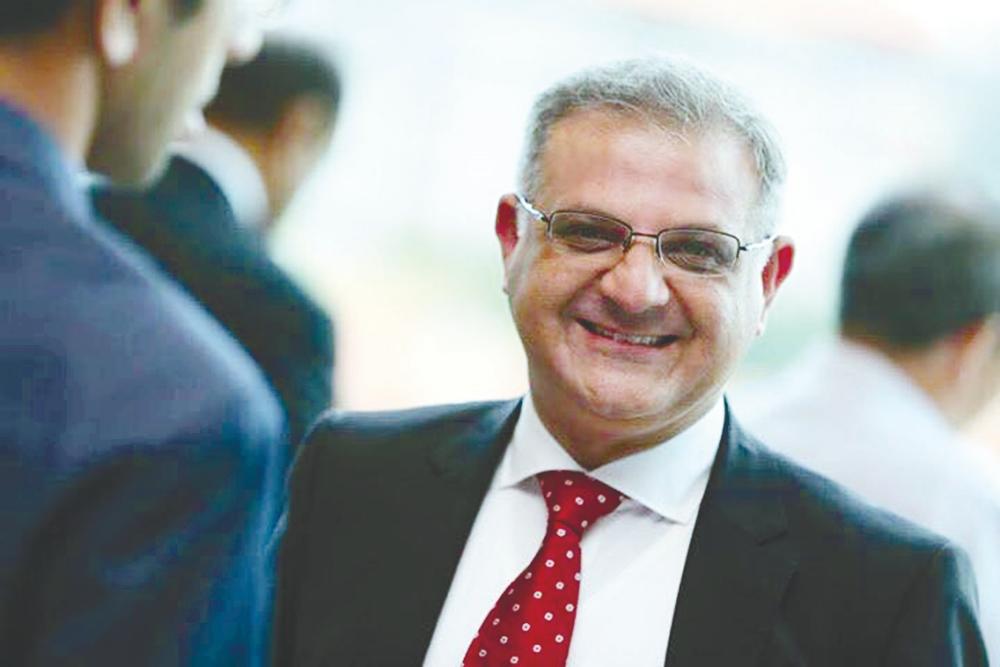THE pandemic has created colossal economic impact on various economies globally while policy response has come under increased scrutiny. Countries are going into second and third lockdowns and economies are closing down again as Covid-19 is getting out of control.
Some countries have done fairly well to control the virus like China, New Zealand, Malaysia and Denmark. Others like the UK, India, France, the US, and Australia have done quite badly in handling the virus.
The main factor has been one – policy response.
The question is how the global leaders can come up with a strong policy response to control the virus.
In my opinion, global leaders from 195 countries need to draw out an effective strategy and to make a solid effort in order to help stop the spread of virus. I am very sure we have smart leaders globally who can formulate a strategy to help stop this virus and save billions in terms of economic cost and human lives.
So, countries’ recoveries are dependent on other country’s response to virus. Collaboration is key among countries in tackling the virus in order to get the economic momentum going.
Covid-19 and market performance in 2020 – strategic market analysis
Covid-19 has plummeted the markets and changed the direction and landscape of many economies.
All economies are becoming Japanese – slow growth, low inflation and high debt
According to Agathe Demarais, global forecasting director at The Economist: “Until the start of the Covid-19 outbreak, Japan was considered an economic oddity. However, the features of the Japanese economy – slow growth, low inflation and high debt – will become common across advanced economies. The pandemic may not last once a vaccine is found. However, the post-coronavirus zombification of the global economy will be long-lasting.”
Last year, G20 countries announced stimulus programmes worth around US$11 trillion [or nearly the size of the Japanese, German and French economies combined]. Eventually, countries will have to tackle such a large debt pile-up. A global summit can help solved the issues at hand otherwise global economy is heading for deep recession.
This article was contributed by Juwai IQI chief economist Shan Saeed (pix).














